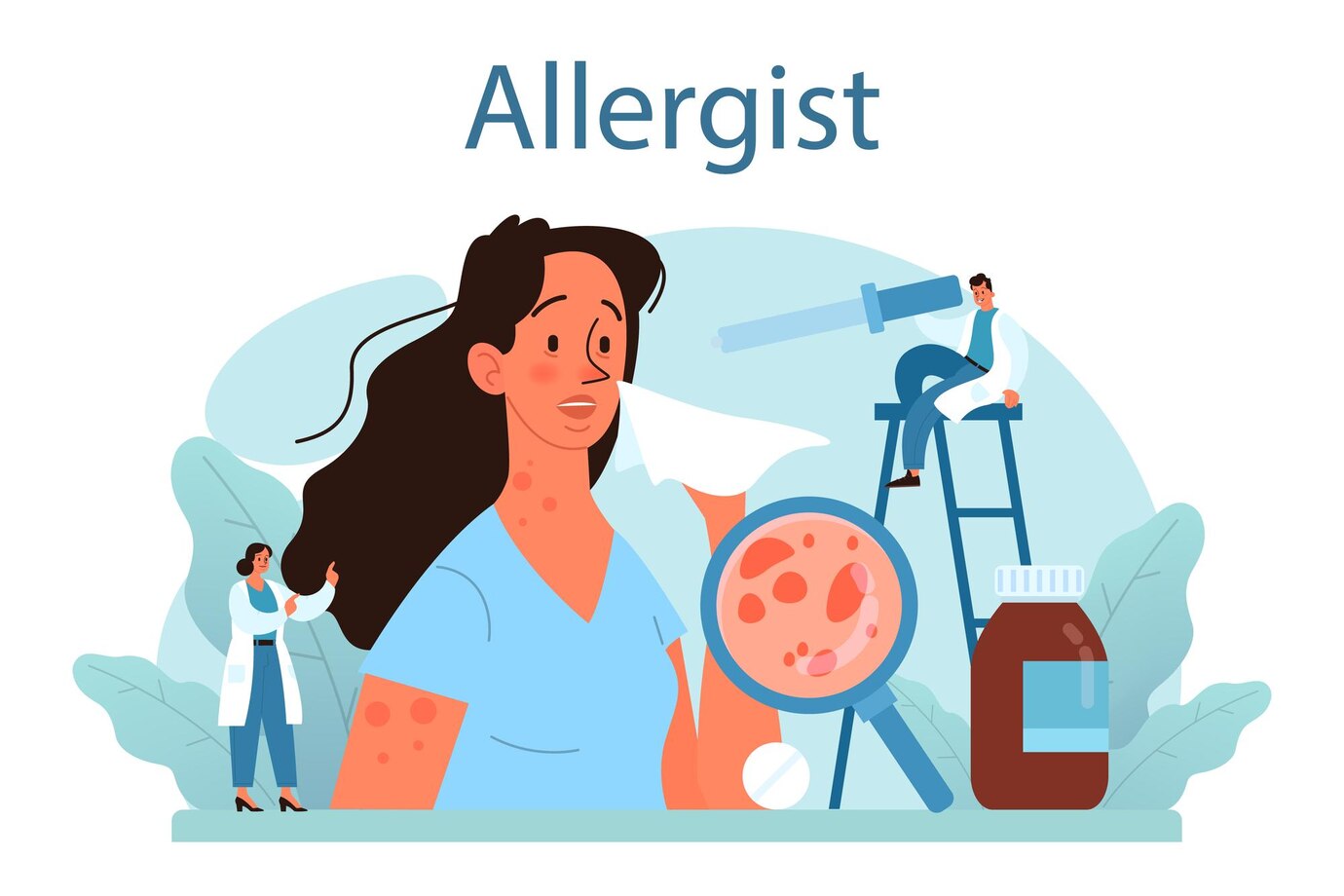
Allergens and Irritants: Identifying and Avoiding Triggers for Atopic Dermatitis
Living with atopic dermatitis means being mindful of what touches your skin. Allergens and irritants lurk everywhere, triggering flare-ups and making your skin feel like it’s on fire. But fear not! By learning to identify and avoid these triggers, you can take control of your skin and find relief from the itchiness and discomfort.
1. Know Your Allergens:
Common allergens for atopic dermatitis include pollen, pet dander, dust mites, mold, and certain foods. Pay attention to when your symptoms flare up and try to identify any patterns or triggers.
2. Test for Allergies:
Consider getting allergy tests to pinpoint specific allergens that may be causing your flare-ups. Once you know your triggers, you can take steps to avoid them and reduce your symptoms.
3. Watch Out for Irritants:
Irritants like harsh soaps, detergents, fragrances, and certain fabrics can aggravate atopic dermatitis and make symptoms worse. Opt for gentle, fragrance-free products and soft, breathable fabrics to minimize irritation.
4. Read Labels Carefully:
Before purchasing skincare products, household cleaners, or personal care items, read the labels carefully. Look for products labeled “hypoallergenic,” “fragrance-free,” and “gentle” to reduce the risk of irritation.
5. Protect Your Skin:
Wear gloves when cleaning or doing dishes to protect your hands from harsh chemicals. Moisturize your skin regularly to strengthen the skin barrier and reduce sensitivity to irritants.
6. Be Mindful of Environmental Triggers:
Environmental factors like cold weather, low humidity, and exposure to certain pollutants can also trigger flare-ups. Dress warmly in cold weather and use a humidifier to add moisture to the air indoors.
7. Avoid Overheating:
Sweating can worsen atopic dermatitis symptoms, so try to avoid overheating by staying cool and wearing lightweight, breathable clothing.
8. Seek Professional Help:
If you’re struggling to identify and avoid triggers on your own, consider seeking help from a dermatologist or allergist. They can provide guidance and recommend personalized strategies to manage your atopic dermatitis effectively.
By being proactive and vigilant about identifying and avoiding allergens and irritants, you can minimize flare-ups and enjoy healthier, more comfortable skin.
To seek medical advice, always consult a Doctor. Here are our recommended EXPERTS. Click here
To read more on SKIN. Click Here



